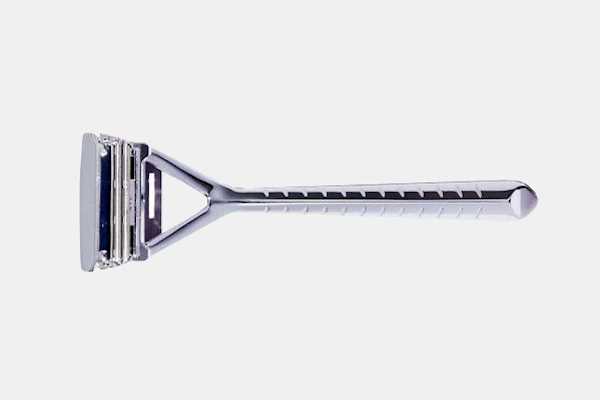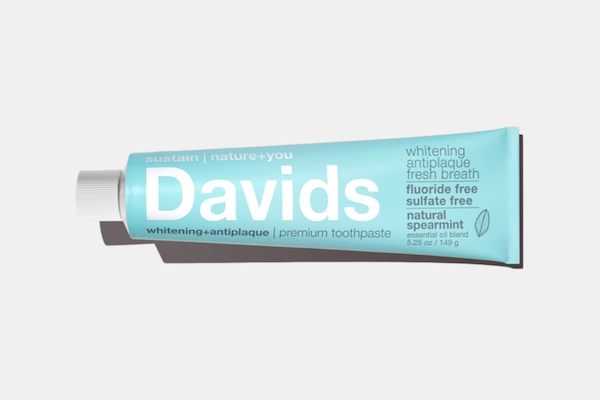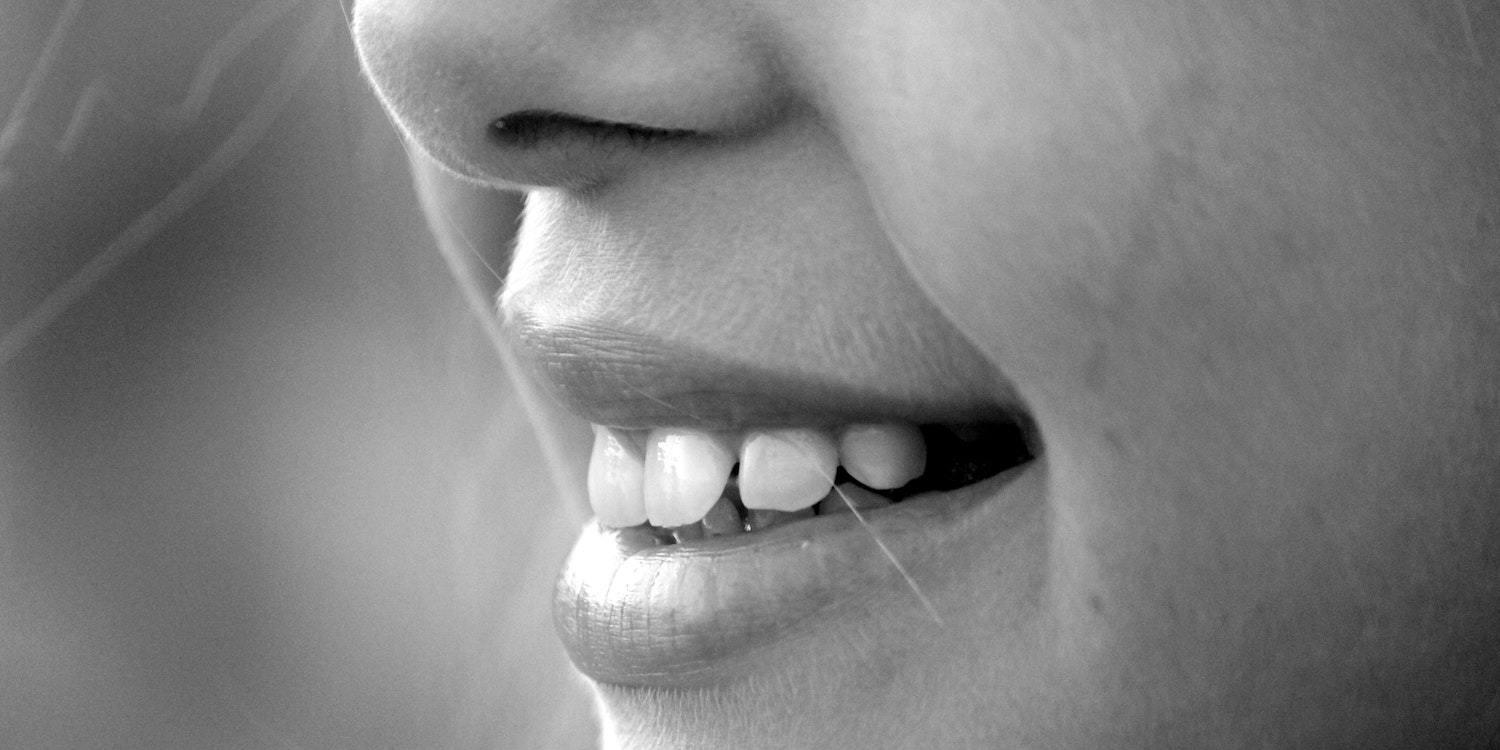Flossing our teeth is an activity that most of us probably do not spend much time considering (except for maybe after visiting the dentist). While very important for oral hygiene, flossing is quietly having a growing detrimental impact on the environment. Yes, you read that correctly.
The importance of sustainable living and protecting the environment for generations to come is gaining wide acceptance. Seeking out ways in which we can all reduce our impact has become more commonplace and its importance more obvious. Our lives are inundated with practices that run counter to sustainable living and minimizing impact. From the use of plastic shopping bags, throw-away single-use straws, and toiletries packaged in every plastic imaginable. Our flossing routine is yet another example of where plastics have needlessly crept into our lives.
Traditional dental floss, the type you buy at the pharmacy or bring home from the dentist, comes packaged in non-recyclable plastic containers housing nylon thread, neither of which are biodegradable. Easily overlooked, these spools of your unsustainable dental floss are yet another unnecessary plastic adding to the avalanche of household plastic waste.
How Much Floss Do We Use?
The answer to how much dental floss do we use and similarly how much dental floss do we throw away each year is staggering. Traditional floss, the type you find at your local pharmacy, is made from petroleum-based, non-biodegradable plastic. If considered individually, these tiny strings of plastic may seem trivial, but collectively the U.S. uses approximately 3 million miles of floss annually. If everyone in the U.S. followed the American Dental Association recommendation and flossed daily with traditional floss, we would produce enough plastic floss waste to cover the area of a football field six stories high.
If everyone in the U.S. followed the American Dental Association recommendation and flossed daily with traditional floss, we would produce enough plastic floss waste to cover the area of a football field six stories high.
How Is Dental Floss Made?
Traditional floss is made with waxed nylon. Nylon is a petroleum-based thermoplastic made from synthetic polyamides, which does not degrade by natural processes. Nylon became a popular choice for floss due to its strength, preventing it from breaking or tearing during flossing. The nylon thread is often covered in a wax coating designed to make it slippery, allowing users to clean their teeth without damaging them. These wax coatings are commonly made from Perfluorinated chemicals, otherwise known as PFCs, which are increasingly being scrutinized for their impact on human health. According to the EPA, PFCs are also known to be one of the most toxic greenhouse gasses that man produces.
Between the combination of petroleum-based nylon thread and questionable chemical coatings, floss can quickly lose its appeal. This is, of course, before one even considers the environmental impact of producing nylon and the chemical coatings.
Environmental Impact of Floss
The most significant environmental impact of dental floss is that it is non-biodegradable. As mentioned above, most dental flosses are made from nylon which is a synthetic polyamide. Nylon is non-recyclable and remains on the Earth, most often choking the landfills. Dental floss casing has a similar story and is also not biodegradable in most instances.
Sadly, like so many of our other single-use plastics, dental floss often finds itself ending up in our oceans. Its small size even increases its likelihood of doing so. Floss, which, as discussed, is purposefully designed to be resistant to breakage, ends up making matters far worse for ocean life. Like all other forms of plastic waste, such as single-use bags and straws, marine animals often inadvertently consume it, potentially leading to starvation, poisoning, or suffocation as they are unable to digest the plastic and it remains in their stomachs. Dental floss has also been found entangled in coral, a critical part of marine ecosystems. Unfortunately, once it has been used, the story for floss is not a good one.
Did you forget about the Floss Pick? The Floss Pick, a somewhat recent innovation, is equally problematic for the environment. It is specifically designed to be “conveniently” single-use and then tossed away. However, the pick itself is made from plastics and quickly finds itself adding to the pile of waste in landfills.
Eco-Friendly Dental Floss

While dental floss, a ubiquitous bathroom product, does have a seriously concerning impact on our environment, there is good news, though, with awesome eco-friendly alternatives available - dentists can sigh a breath of relief. Zero-Waste Dental Lace is a simple-to-use eco-friendly alternative to plastic & nylon-based floss. Dental Lace is a silk dental floss that is biodegradable and eco-friendly. In addition to replacing the nylon floss with mulberry silk, the toxic coatings have been replaced with smooth candelilla wax. Dental Lace is a great eco-friendly product that allows you to take care of your pearly whites with the knowledge that your floss will naturally biodegrade after use. The benefit of switching to Dental Lace does not stop with just the floss itself but also by eliminating needless plastic packaging. Dental Lace comes packaged in gorgeous and reusable plastic-free containers.
If you are looking for an easy way to reduce your household plastic waste, switching to Dental Lace is a great place to begin. You can find Dental Lace at Lochtree and other zero-waste stores that carry eco-friendly and zero-waste products.
Final Thoughts
Dental hygiene is not something that anyone should ignore. However, caring for one’s gums and teeth should not require that we use needless plastics that impact the environment and expose us to unnecessary toxins. Thankfully, with environmentally friendly alternatives, like Dental Lace, we are no longer forced to choose between the two.
As we continue to explore opportunities to reduce waste and live more sustainably, small changes, like swapping out your traditional floss for zero-waste dental floss, are easy wins that can add up to make a tremendous impact. These changes make a big difference and can also help encourage us to look deeper into our lives for other areas where we can reduce waste. One of the best parts about zero-waste dental floss though is that you can protect your beautiful smile, keep your dentist happy, and protect the environment all at once.






